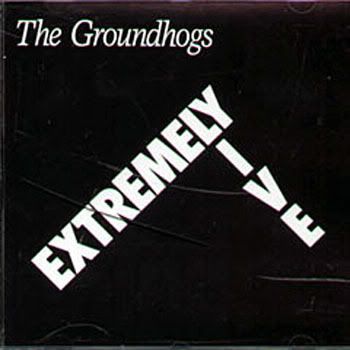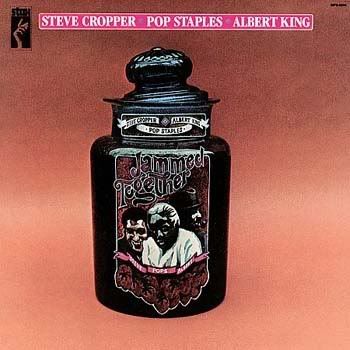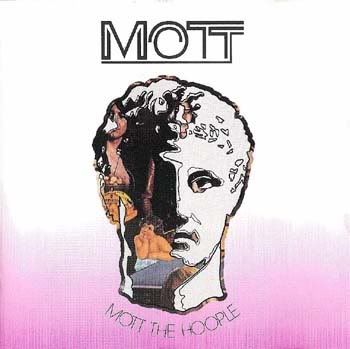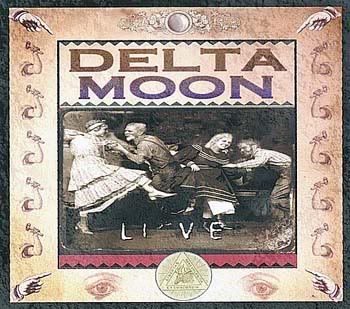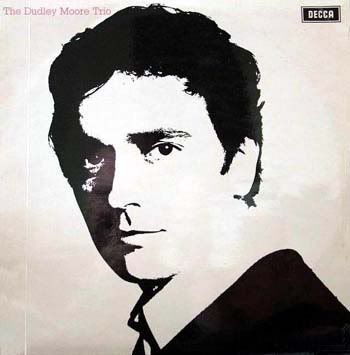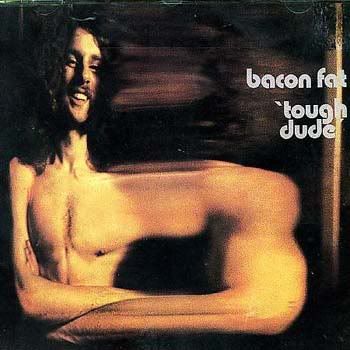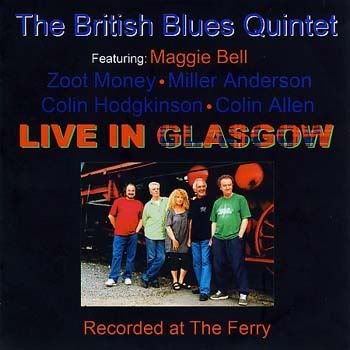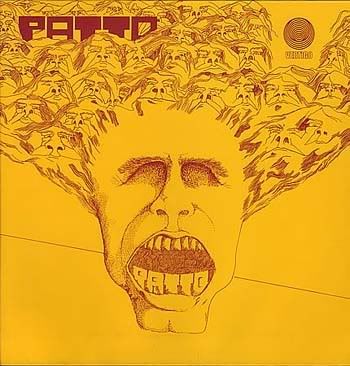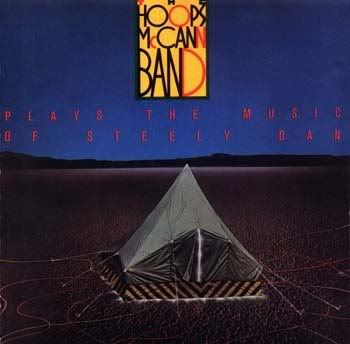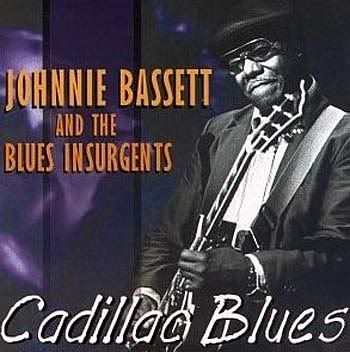
St. Vincent - Marry Me - 2007 - Beggars Banquet
Annie Clark / St. Vincent. is potentially a huge talent, and a force to be reckoned with. The album is full of varied musical styles, from classical, cabaret-pop, lounge music, blues, and even electronica, soft-rock and R&B, and the songs are gorgeous and solid. Marry Me is an exceptional debut album, from a very talented lady who is going places ! HR by A.O.O.F.C. Watch out for future releases from St. Vincent or Annie Clark.
TRACKS
"Now, Now" – 4:25
"Jesus Saves, I Spend" – 3:56
"Your Lips Are Red" (Annie Clark, Daniel Hart) – 4:41
"Marry Me" – 4:41
"Paris Is Burning" – 4:20
"All My Stars Aligned" – 3:47
"The Apocalypse Song" – 3:47
"We Put a Pearl in the Ground" (Mike Garson) – 1:10
"Landmines" – 5:07
"Human Racing" – 3:48
"What Me Worry?" – 3:56
All tracks were written by Annie Clark, except where noted.
CREDITS
Mark Pirro Bass
Brian Teasley Percussion, Producer, Drums, Engineer
Heather Macintosh Cello
Daniel Hart Violin
Rick Nelson Violin, Viola, Bass (Upright), Cello
Louis Schwadron French Horn
Lester Nuby Vibraphone
Daniel Farris Synthesizer, Producer, Engineer, Percussion, Choir, Chorus
Annie Clark Organ, Clavietta, Drum Programming, Vibraphone,
Engineer, Producer, Moog Synthesizer, Xylophone, Vocals, Triangle, Bass, Piano, Percussion, Guitar, Dulcimer, Synthesizer
Nathan Blaz Cello
Merrilee Challis Choir, Chorus
Jessica Grant Choir, Chorus
Andrea Paschal Choir, Chorus
Aynsley Powell Drum Programming
John Golden Mastering
Mike Garson Engineer, Piano (Grand)
REVIEWS
The most powerful weapon to conquer the devil is humility. For, as he does not know at all how to employ it, neither does he know how to defend himself from it." - Saint Vincent de Paul (b. 1581 - d. 1660). Maybe that explains it. Maybe that quote from the real Saint Vincent, namesake of multi-instrumentalist Annie Clark's nom du rock, explains why, rather than step right into the spotlight, Clark instead chose to spend so much of her time as an oft-befrocked member of both Sufjan Stevens and the Polyphonic Spree's flock. One might have assumed that, hey, maybe she was just more comfortable as a group utility player, but like most assumptions it's simply not borne out by the imposing reality of her various talents. As her St. Vincent debut immediately asserts, Clark's more than ready to be out front. In fact, it's amazing she didn't step into the spotlight sooner, considering the countless ideas swirling about Marry Me, an art-rock album at times redolent of prime Kate Bush and Lodger-era David Bowie. Maybe "humility" isn't the first word that springs to mind when you read the liners crediting Clark with "voices, guitars, bass, piano, organ, Moog, synthesizers, clavieta, xylophone, vibraphone, dulcimer, drum programming, triangle, percussion." Triangle? Is that really something to boast about? Then again, with its brilliant production flourishes and impeccably left-field arrangements, false modesty does not behoove the disc. In the case of music like this, the devil to conquer is preciousness and indulgence. No doubt, in lesser hands Clark's quirks and eccentricities would mark the St. Vincent project a no-go from the start. But at every turn Marry Me takes the more challenging route of twisting already twisted structures and unusual instrumentation to make them sound perfectly natural and, most importantly, easy to listen to as she overdubs her thrillingly sui generis vision into vibrant life. Clark's hardly alone in the endeavor. Not to be out-Spreed, Marry Me features, among other helpers, a chorus (used mostly as melodic and rhythmic counterpoint), Bowie pianist Mike Garson, and Polyphonic Spree/Man Or Astro-Man? drummer Brian Teasley, a wiz at picking the right beats for all the perfectly wrong places. But from the frenetic first half of the disc, where the ideas are coming fast and furious and Clark lets her inner prog run wild, to the mellow second, Marry Me is clearly the product of one person's fertile-- and clearly very well organized-- subconscious. "Now, Now" dances around a tricky little guitar pattern and Clark's sweet vocal melodies-- her big-girl voice a welcome respite from indie rock's lame habit of faux naivety-- as bass and drums push and pull the song taut then loose again. The grace of the track suddenly gives way to explosive guitar, the previous precision dissolved into distorted passion. "Jesus Saves, I Spend" bounds along in 6/8, with the chorus and sped-up vocals countering Clark's own coo. "Your Lips Are Red" mutates from throb to tribal freakout, a croaking, scraping guitar and sinewy lead hinting at the chaos that never quite comes. "Apocalypse Song" features a polyrhythmic voice, drum and handclap breakdown that vies with strings and more skronking noise. The war-is-not-over "Paris is Burning" is a woozy Weimar-esque waltz filled out by phased effects, a martial groove and sneaking, cynical lines like the Shakespeare allusion "Come sit right here and sleep while I slip poison in your ear." Elsewhere Clark slips in a few other memorable lyrics as well. In "Your Lips Are Red" she complains, "Your skin so fair it's not fair." In the title track, Clark gets off the lasciviously blasphemous come-on "we'll do what Mary and Joseph did...without the kid." The slower vibe of the last few tracks isn't as immediate as what came before it, but that doesn't make it any less impressive. "Landmines" is like "Subterranean Homesick Alien" redone as a torch song. "All the Stars Aligned" plods along like a pleasant Beatles outtake, at least until Clark's mini-orchestra briefly (and curiously) quotes John Barry's "James Bond Theme". "Human Racing" begins as a gentle bossa nova before blossoming into a hypnotic pulse for its fade-out. The jazzy final song, "What Me Worry?" is as traditional as the disc gets, except for the fact that Clark picked it to end an album that spends most of its previous minutes exploring the unconventional. "Love is just a bloodmatch to see who endures lash after lash with panache," Clark sings, without coming across nearly as precociously as she could have. "Have I fooled you, dear? The time is coming near when I'll give you my hand and I'll say, 'It's been grand, but...I'm out of here.'" And then she's gone. Oh, and the final sound you hear before you inevitably press play and listen to the whole beguiling thing again? A triangle. Guess those lessons paid off after all. © Joshua Klein, July 27, 2007, © 2008 Pitchfork Media Inc. All rights reserved
St. Vincent is the moniker of singer/multi-instrumentalist/composer Annie Clark and this is her debut full-length. She's opened for such diverse acts as Television, Jose Gonzalez, and Sufjan Stevens, and she's an inventive and versatile guitarist who has also performed with avant-garde composer Glenn Branca. On this record, she writes cinematic pop epics that feel at times like Paris in the 20s before all the fun ended. Or, conversely, an orchestra of pure modernity - a new American music, informed by jazz, gospel blues, Southern folk music, and classical composition but, in the end, an animal original unto itself. She's been compared to everyone from Bjork to Kate Bush to Jeff Buckley, and her beautiful voice melds perfectly with her intricate guitar work. [Editorial Review, © 1996-2008, Amazon.com, Inc. or its affiliates ]
Dotmusic deems Clark’s first release a "dense, dizzying, dazzling album," while Cokemachineglow finds it an "excellent debut" with the prospects of even greater albums in the future. All Music Guide confirms Marry Me as "one of the better indie pop albums that’s come around for a long time." The Onion AV Club enjoys that the disc "seduces with one hand and stabs with the other," and Magnet calls it "elegantly crafted and darkly mischievous," while No Ripcord likes the "gorgeous and solid" songs. Slant notes similarities to Fiona Apple and Bjork (as do others), and Harp is impressed that "despite all the musical shifts, the album hangs together remarkably well." Pitchfork also finds that her quirkiness is not a dealbreaker, thanks to Clark’s talent, noting that "Marry Me takes the more challenging route of twisting already twisted structures and unusual instrumentation to make them sound perfectly natural and, most importantly, easy to listen to." It’s not completely without fault, however. Junkmedia states, "Whilst Marry Me is largely an intriguing listen, it’s largely the music, rather than attentive lyrics, that is the focal point, always a combination which struggles to engage the listener." Exclaim! notes that her "flair for the dramatic… becomes a little tiring over a whole album," but the publication still salutes an artist "brimming with ideas." The New York Times’ Kelefa Sanneh notes that while it sounds like Clark is still trying to figure some things out, it is "a thrill to hear her trying things most young singers wouldn’t (and shouldn’t) dare." Similarly, Stylus notes that "what Marry Me may lack in innovation, it makes up for in attitude and execution." However, the Boston Globe feels that she lacks focus, Prefix finds that her voice gets lost in the big sound, and Dusted prefers live St. Vincent to studio St. Vincent, saying that on record, "Clark is playing against her strengths." [The critical consensus, Copyright 2007 Criticulture, http://criticulture.com/musicreviews/stvincent-marryme]
With experience playing with the Polyphonic Spree, Sufjan Stevens, and Glenn Branca, Annie Clark is more than qualified enough to start writing her own loosely ornate, lush pop songs. But while Clark, who chooses to use the name St. Vincent here, does incorporate the frilly strings and horns, background choirs, and various keyboards (most of which she plays) of her past employers in Marry Me, her solo debut, she also has an edge to her — something that shows up in the distorted electric guitar solos of "Jesus Saves, I Spend" or "Now, Now," the drums in the ominous "The Apocalypse Song" or "Your Lips Are Red," the growing intensity of the vocals "Landmines," the funereal waltz of the fantastic "Paris Is Burning" ("I write to give the war is over/Send my cinders home to mother," Clark sings sadly over electronic drumbeats and acoustic guitars) — that pushes her away from the overly sentimental and quaint. Not that Marry Me doesn't have its fair share of happy love songs ("All My Stars Aligned," "What Me Worry?"), but the album isn't seeped in that kind of joyfulness that sings blind and insincere. It's an mix of good and bad, of light and dark, of the woman who purposefully sets up the obstacles she must get through to find her lover ("I'm crawling through landmines/I know 'cause I planted them," she sings disarmingly), of sweet self-deprecation ("Marry me, John, I'll be so good to you/You won't realize I'm gone"), honest and quirky and totally enticing. Clark is young enough that she's still able to retain that sense of wonder about the world without seeming naïve, and old enough that she can say things like "My hands are red from sealing your red lips" and you believe her. It's an orchestral record for those who prefer the simplistic, a darker one for those who prefer theirs twee, love songs for the scorned and sad songs for the content, an engaging and alluring combination that makes Marry Me nearly irresistible, and one of the better indie pop albums that's come around for a long time. © Marisa Brown, allmusic.com
Judging by her debut's title, St. Vincent, or Annie Clark as her family knows her, has a simple request: she wants you to marry her. And in the titular song, she convincingly sings with her coy, childlike delivery, "I'll be so good to you / I'll be so sweet to you" while piano, horns, violins and handclaps create a beguiling atmosphere. If she's asking for our hand in marriage like this, we may just have to oblige. Clark's debut marks the arrival of an enchanting songwriter who successfully brings an element of true eccentricity to conventional pop music. The opening track, "Now Now," finds Clark channeling a contemporary Kate Bush as ethereal backing vocals and tumbling drums play over her harp-esque guitar plucks. Further on, the deceivingly sweet "Apocalypse Song" would pacify even the most vociferous of doomsday prophets. Here's to the end of the world. © Arye Dworken, 07.03.07, © 1997 - 2008 ARTISTdirect, Inc. All Rights Reserved
BIO (Wikipedia)
Annie Clark, born in 1982 in multi-instrumentalist, singer and songwriter who performs under the moniker St. Vincent. She was a member of The Polyphonic Spree and Sufjan Stevens' touring band. Clark has opened shows for such acts as The National, Television, Arcade Fire, Briertone, Jolie Holland, John Vanderslice, Midlake, Tracy + the Plastics, Tuck & Patti and Xiu Xiu. She nded the Berklee College of Music and released an EP with fellow students in 2003, entitled Ratsliveonnoevilstar. She joined Paris Is Burning, it contains three tracks, including a cover version of Nico's "These Days". She became the guitar player for tThe Fragile Army. She released her debut album, July 10, 2007 on Beggars Banquet Records. The LP features appearances from drummer Brian Teasley (Man or Astro-man?, The Polyphonic Spree), Mike Garson (David Bowie's longtime pianist), and horn player Louis Schwadron (The Polyphonic Spree). In 2008 she was nominated for three PLUG Independent Music Awards: New Artist of the Year, Female Artist of the Year, and Music Video of the Year, and on 6 March 2008, she won the Female Artist of the Year award.


